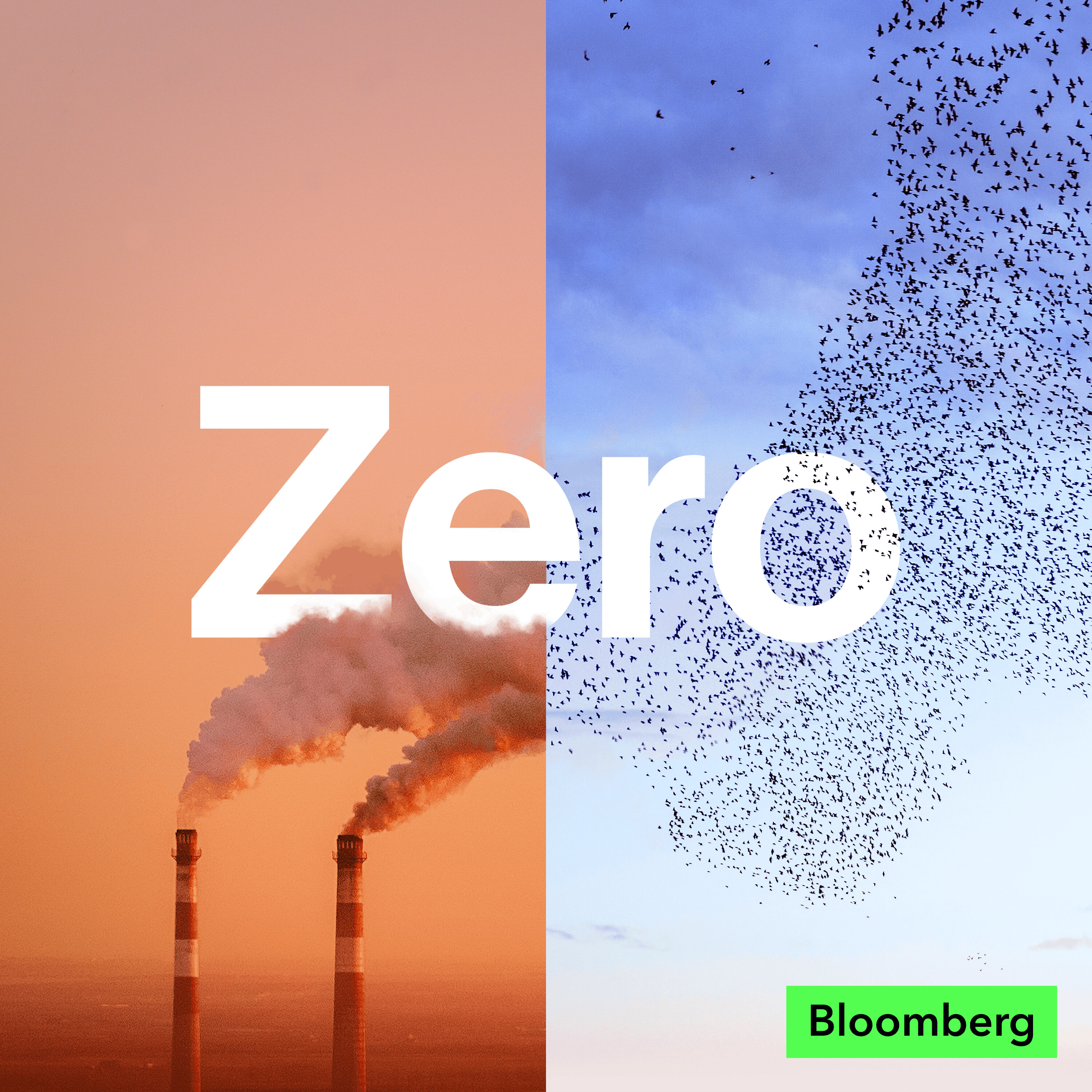
What happens to the energy transition with the US exiting the Paris Agreement?

Zero: The Climate Race
Deep Dive
- Trump's second withdrawal has more lasting consequences than the first.
- The urgency to act on climate change has grown since 2017.
- Clean energy is now cheaper, and global investment in the energy transition is significantly higher.
Shownotes Transcript
With President Donald Trump back in office, the US is leaving the Paris Agreement for the second time. Unlike in 2017, this withdrawal is set to have more lasting consequences, Akshat Rathi tells producer Mythili Rao. Meanwhile, even as the US gives up its climate leadership, China’s focus on clean energy is growing. A new report from BloombergNEF finds that global investment in the energy transition surpassed $2 trillion for the first time in 2024, with China driving two thirds of year-on-year growth. BNEF Deputy CEO Albert Cheung shares the report’s highlights, and reflects on the role international competition will play in this next phase of reaching net zero.
Explore further:
Bloomberg NEF’s energy transition investment trends 2025 report)
- Reporter Zahra Hirji's roundup of the first slew of President Trump's climate moves)
- Past episode with Yale historian Paul Sabin about what to expect in President Trump’s second term)
Zero is a production of Bloomberg Green. Our producer is Mythili Rao. Special thanks this week to Sharon Chen, Alfred Cang, Ewa Krukowska, John Ainger, Jen Dlouhy, Zahra Hirji, Lou Del Bello, Simone Iglesias, Amanda Hurley and Jessica Beck. Thoughts or suggestions? Email us at [email protected]. For more coverage of climate change and solutions, visit https://www.bloomberg.com/green).
See omnystudio.com/listener) for privacy information.